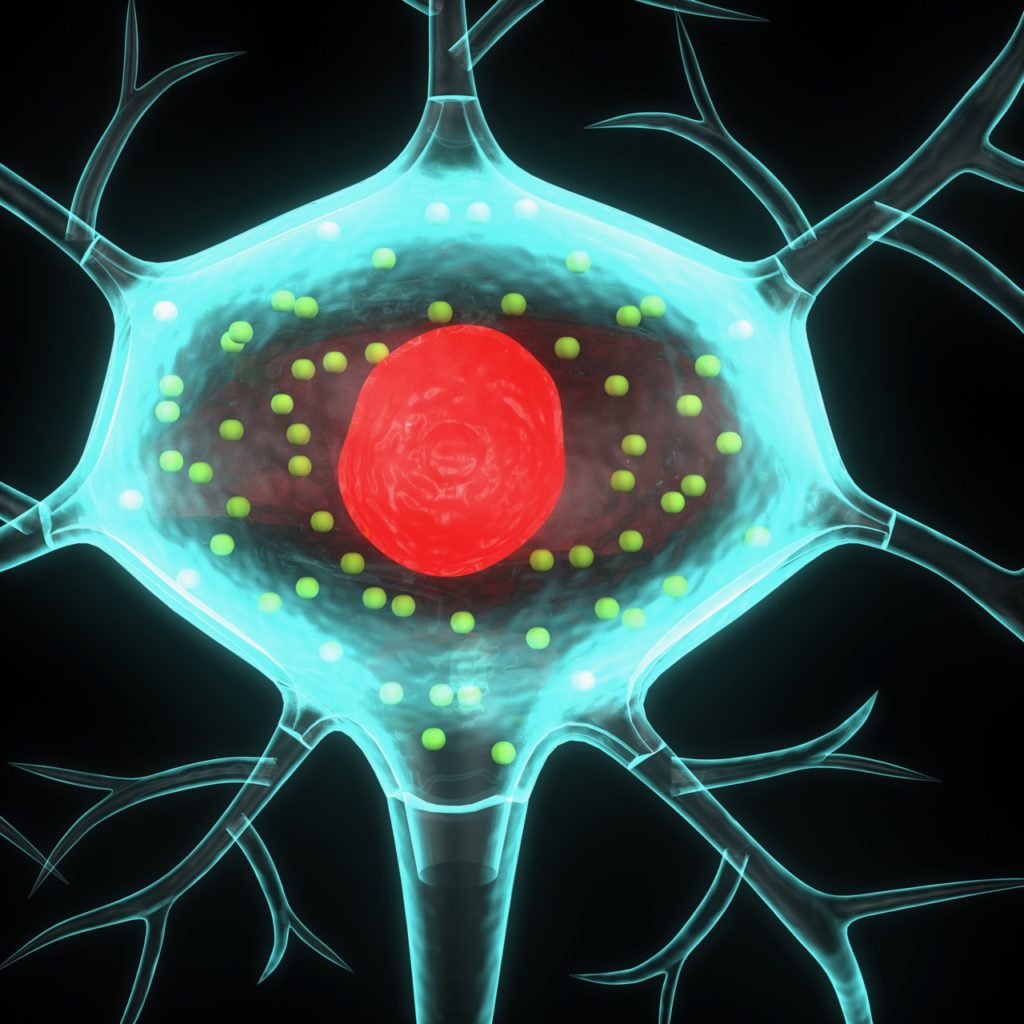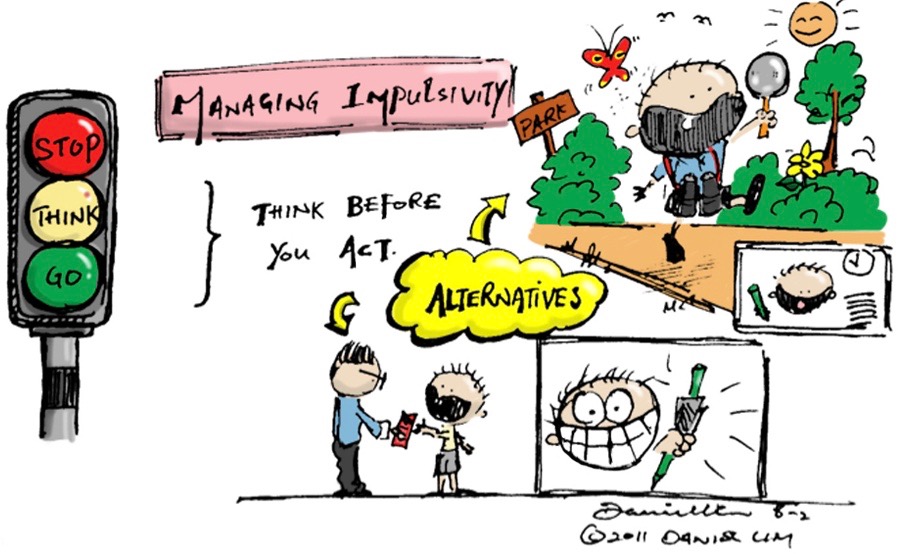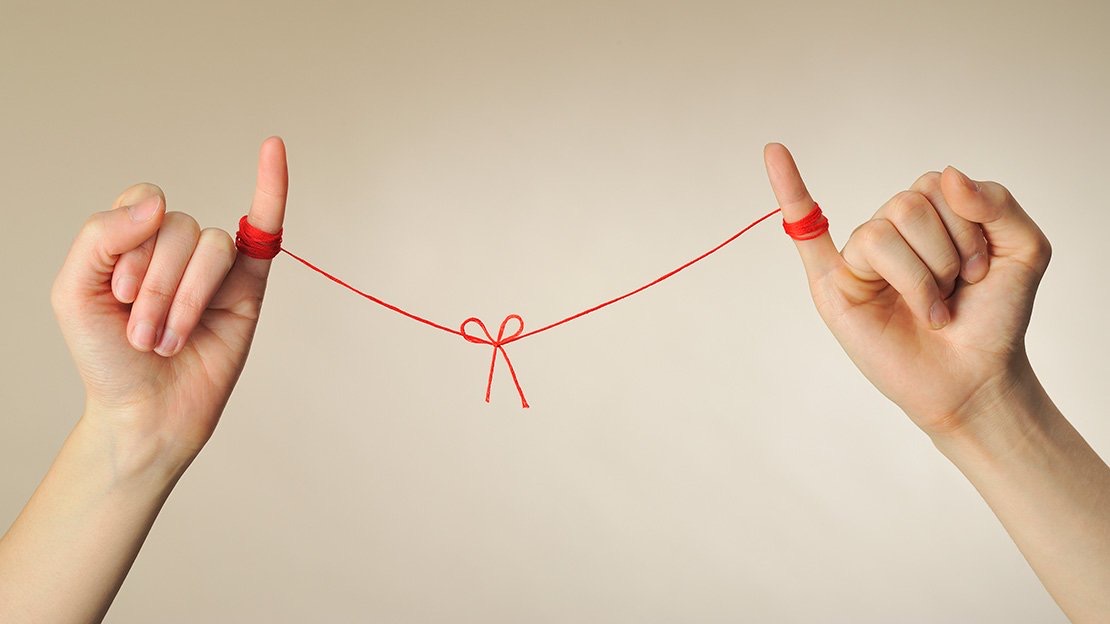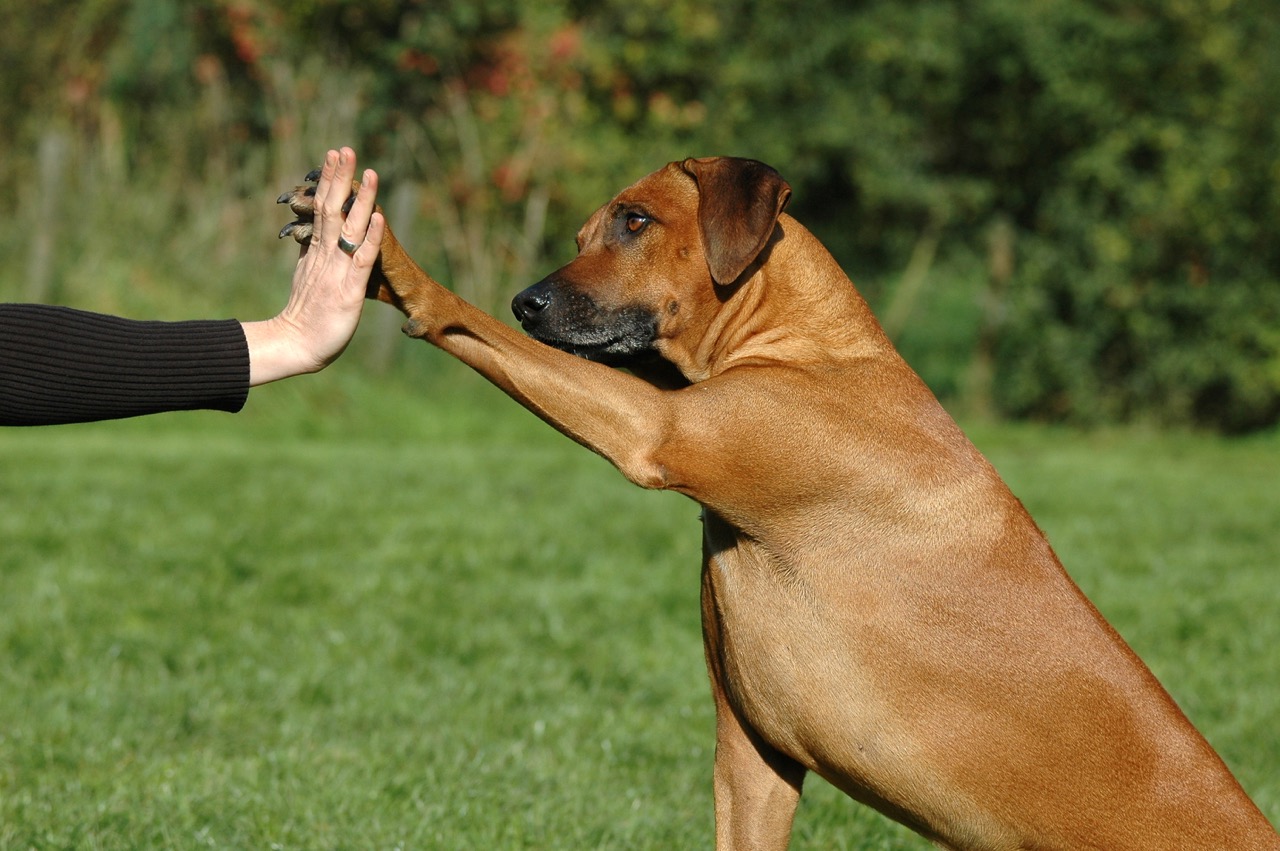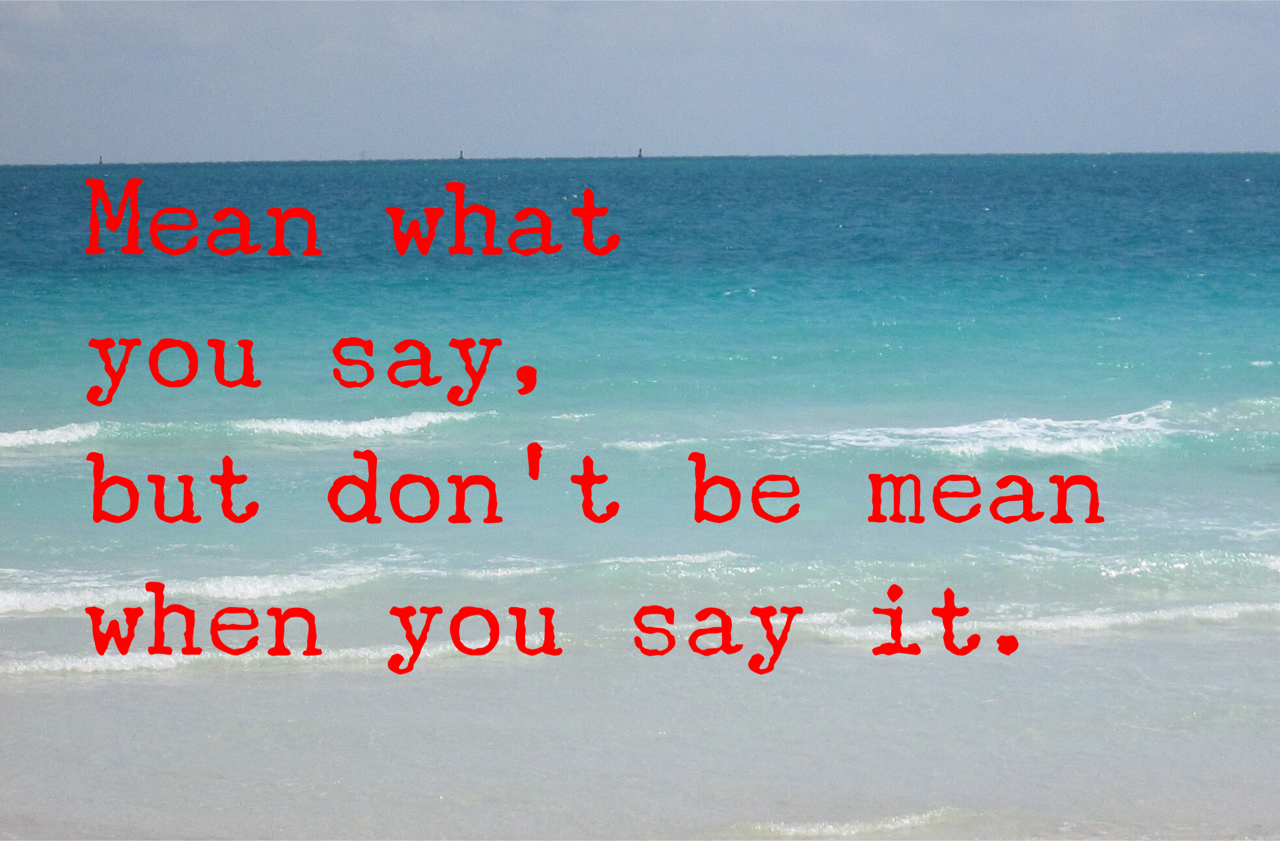I used to think I knew exactly what people needed to do to lose weight. I was sure it was all about eating balanced meals that packed the most nutrition into the fewest calories. Period.
I thought this was true because it worked for me. But now I know that it isn’t this simple for everyone.
Many people have underlying beliefs, emotions, trauma, and confusion around food. If these issues aren’t addressed, acknowledged, and lovingly examined they’ll keep popping up around food and sabotage your very best laid efforts.
My understanding of the complexity involved in peoples’ weight loss struggles has grown after years of being really close to several friends as they struggled with it. My awareness of it also grew because I’m in recovery and have had lots of experience working on my own underlying emotional issues.
I know, now, that for some, weight loss is much more complex than counting calories, carbs, and exercising.
Everybody’s different but several broad types of problem areas are generally at work in people who cannot stick to a weight loss program.
Finding out exactly what issues are sabotaging you will set you on the path to finally being able to stay with a weight loss program! Among the many roots of the problem are old, entrenched, false beliefs about yourself; a sense of inner loneliness even when people are around; a need to rebel, a terror of feeling deprived; stress or depression in the present; or even a simple inability to focus on food.
No matter what disrupts your best efforts to lose weight, the first step is awareness.
This article is focusing on people who think they may be eating for emotional comfort. Other articles will focus on other ways that block people from sticking with a food plan.
Emotional Eating is Addictive Behavior
Like many of us, my childhood was a mixed bag. There was lots of good, and lots of bad. The dinner table wasn’t part of the good. Most nights, my father would have had a drink and was primed to explode over nothing. His rage was terrifying. Which is why it’s so surprising that I didn’t end up with a food problem, but I didn’t. By Grace, I’ve always had a handle on my weight and healthy eating.
No: A sensitive kid like me didn’t seek refuge in food, but somewhere else.
I abused substances for years and couldn’t stop until I got support in a 12-Step program. Since then, I’ve done a lot of inner work on the emotional pain that I got high to escape.
Most addiction, including emotional eating, is fueled by an inability to handle painful or uncomfortable feelings. No matter what the substance or behavior is – food, alcohol, shopping, pot, or harder drugs – doing the substance or activity relieves the pain. But only temporarily.
What helps in the moment – eating — ends up killing you hours later. It’s a viscous cycle of using the substance to bring relief, then hating yourself for doing it. This is addiction: Doing something repeatedly that hurts you!
And, it doesn’t matter what or how much you used of whatever is your distraction (drug, food, alcohol) of choice – it’s what it does to you. If you end up hating yourself for doing what you’re doing, things aren’t right. You’re not free.
Not only all that, but repeatedly being unable to follow through on what you want to accomplish so much is really bad for your self-esteem.
It Might Not Be As Hard as You Imagine
If you’re an emotional eater, it doesn’t mean you have tons and tons of suppressed pain to dredge through. We’re sensitive people, and even little things can throw us out of wack.
So, it might be easier than you think. But, no matter what you have inside that’s sabotaging you, you have to start excavating these previously unconscious, or ignored, uncomfortable feelings, or you’ll never get where you want to go.
It can be hard. Or it can be very liberating. Often it’s both. But without tackling the roots of your problem, you’ll keep falling into land minds that appear out of nowhere and blow your eating plan right out the window.
The rewards will be so empowering!
Where to Get Help
Acknowledging that there’s a problem has great power in it! So, yay!
Therapy is an obvious option. You could even do just a few sessions to focus on the issue and get started. Try to get a referral from someone you know who really likes the therapist. Not every therapist is a good one. You need someone you feel safe with.
If you can’t do therapy, there are other, free therapy-like options.
I know a lot of people didn’t use to like Overeaters Anonymous (OA). Why? Because groups used to require members to adhere to the program’s version of food abstinence – which is something like no white flour or sugar. And for plenty of people, that’s not the best food plan for them so the program didn’t work.
Today, OA is much more progressive. They promote the idea of establishing your own version of food “abstinence” – which is just your plan for how you want to eat, what ever it is. For one person, that might be eating three meals a day with one snack. For another, it might be smaller portions, for another, it might be not eating at night. The point is, you establish the plan you want follow and the group supports you as you work it.
In meetings, no one will force you to speak. You can go and just sit there and listen forever if you want. As you do that, you’ll hear things that will resonate with you. It’s so uplifting to know that you’re not alone that something will lighten up in you.
Feeling compassion from others who understand – both your problems and your successes — creates a strong bond. The words of your group members will stay with you all week and be a source of real strength when you’re in a difficult position.
If OA isn’t for you, maybe Weight Watchers could work. I’m not sure… but I believe members today do share their feelings about their process, and that’s what really lends you strength.
You could also search for a Meetup group, or start one in your area. Accountability and sharing your experience, strength, and hope with others who have a similar problem is absolute magic.
RESOURCES:
Here are some (free) podcasts of people sharing their stories from OA
Click here to see what OA meetings are near you and look around the site. There’s so much support and valuable info here.
Here’s another OA resource, including what to expect from a meeting and some online meetings.
Here is the main site for meetups.

